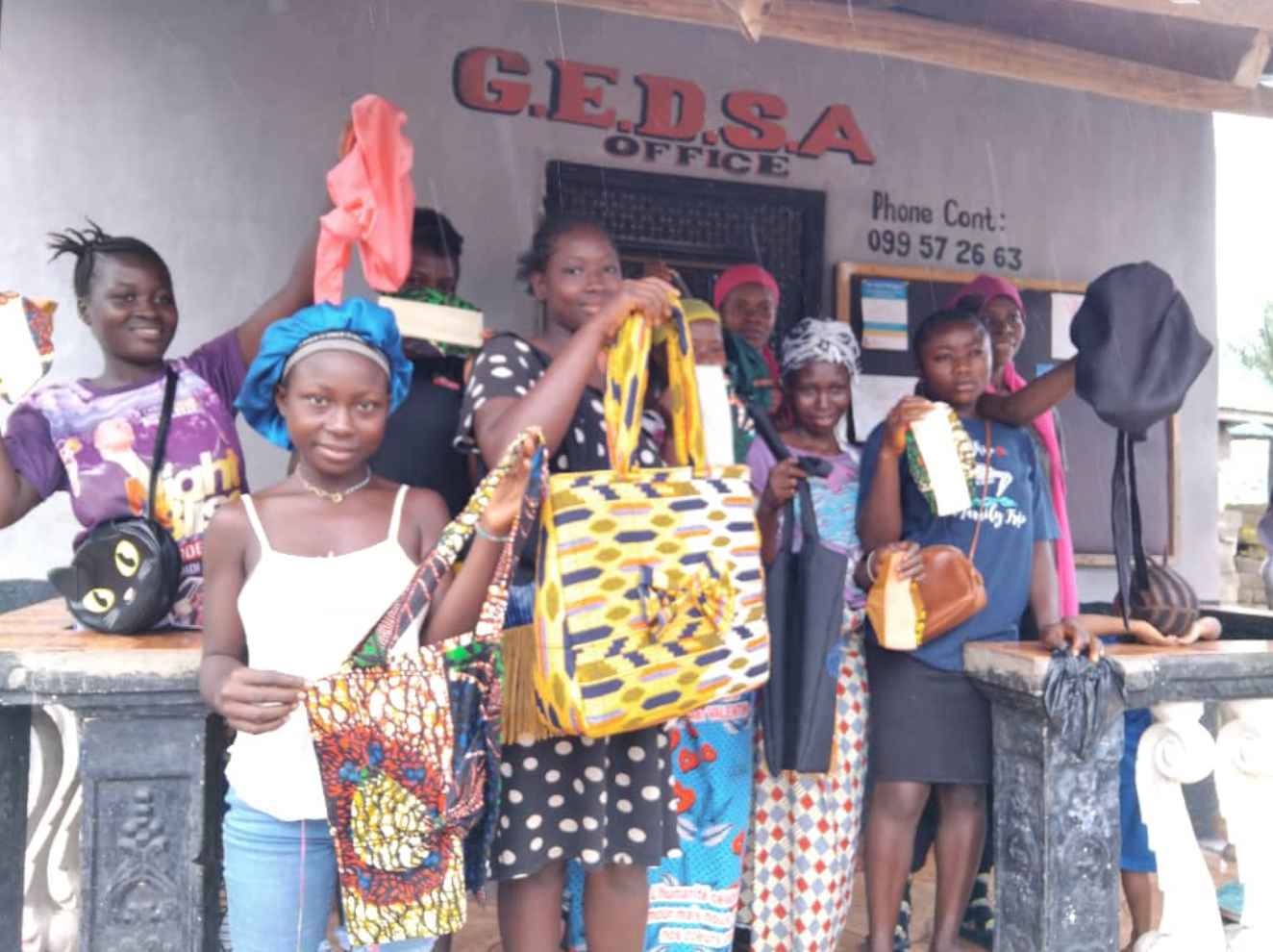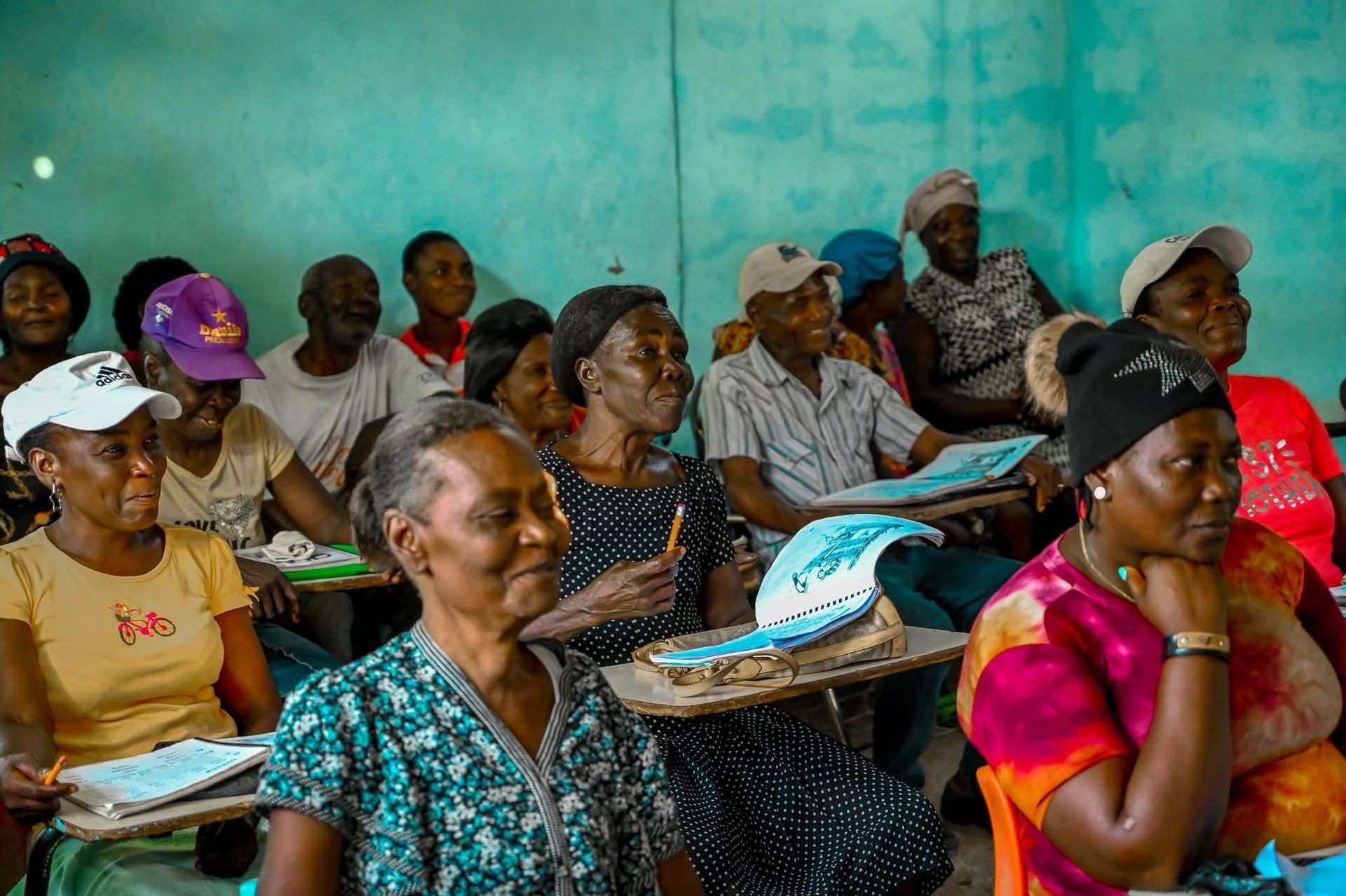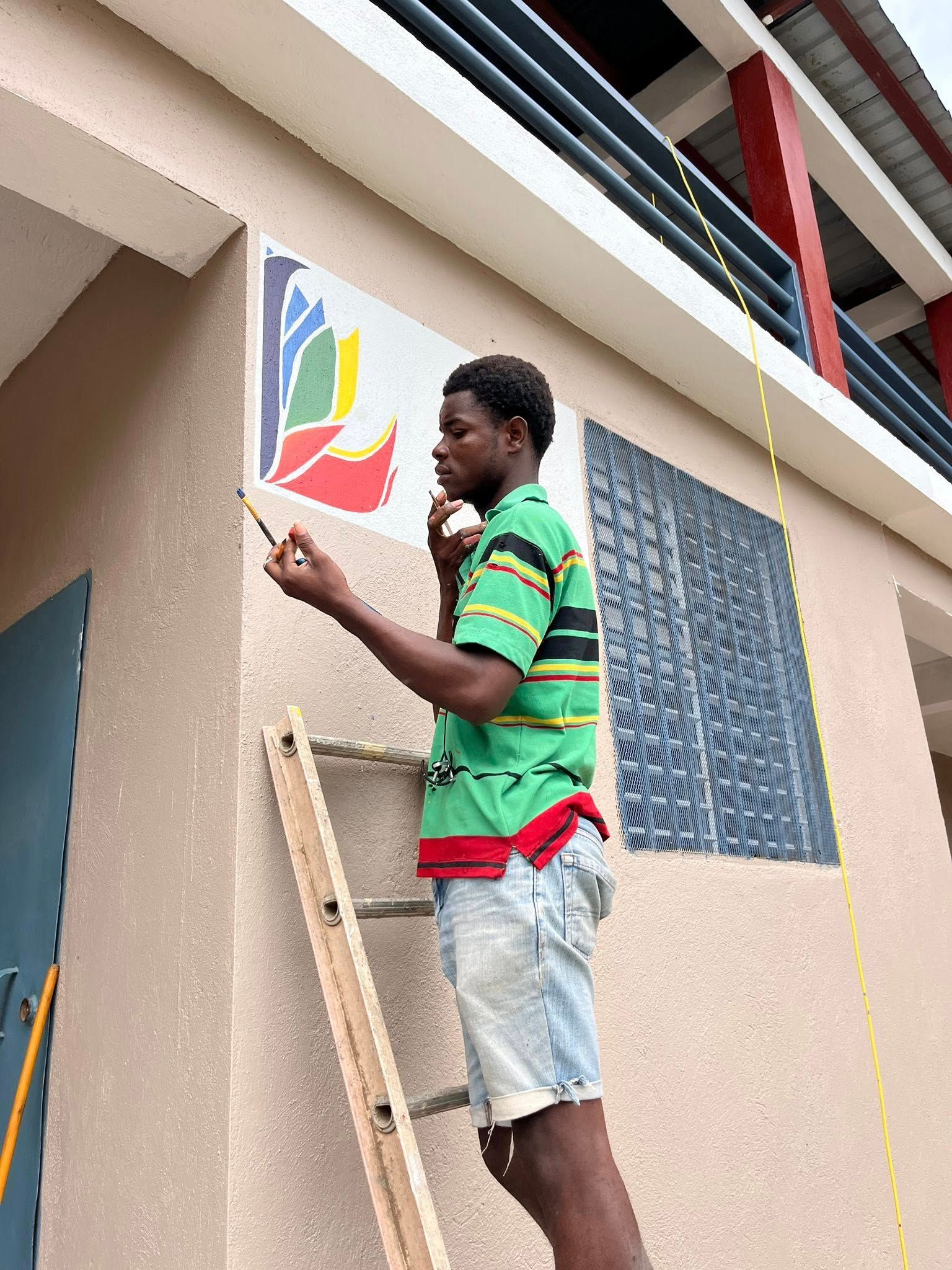Celebrating Success in Education: Bridging Gaps and Building Futures
In a world where we often focus on what hasn’t been achieved, it’s crucial to spotlight the strides being made towards Sustainable Development goal 4 (SDG4) - ensuring inclusive and equitable quality education for all. Success in education, especially in our ever-more interconnected world, should not solely be defined by outcomes like test scores or graduation rates. It should also reflect the deeper impact of education on individuals, communities, and our planet as we address the systemic challenges that hinder access and equity.
ACCESS TO EDUCATION FOR ALL
Success in education is increasingly multifaceted. It goes beyond the traditional metrics of achievement and encompasses ways in which education fosters personal growth, resilience, critical thinking, and global citizenship. Success is about meeting learners where they are, addressing their individual needs, and providing them with the tools to not only survive but thrive in an ever-evolving world. One of the most inspiring examples of success is how education can transform lives by making connections between local realities and global challenges. For instance, programmes that integrate the arts into education to enhance creativity, problem-solving and emotional intelligence are not only equipping learners with 21st-century skills but are also empowering them to become change-makers in their communities. These creative approaches to learning don't always make the headlines but play a crucial role in lifelong learning and the realisation of SDG4.
ACCESS TO EDUCATION FOR ALL
To be able to claim success in education we must first ensure that access is equitable. The digital divide remains one of the most significant barriers to quality education worldwide. In many low income regions, especially in rural areas, students face challenges due to a lack of resources, infrastructure and trained educators. The pandemic has further highlighted the need to bridge this gap and rethink ways in which education is delivered, be it distance learning or hybrid models, we need to ensure they are inclusive and easily adapted to different contexts. Furthermore, achieving gender and racial equity in education is an essential step toward a better future. Efforts to eliminate discriminatory practices and ensure that all students, regardless of background, have equal opportunities, are integral to any definition of success. Celebrating the work of grassroots organisations that champion these causes is vital as they are often the unsung heroes in the global education narrative.
GLOBAL COLLABORATION: LEARNING BEYOND BORDER
In today's hyper-connected world, education is no longer confined to local classrooms. One of the most powerful opportunities available is the ability to connect globally, allowing students and educators to exchange ideas, collaborate on projects, and foster a sense of shared responsibility for our planet. These connections help nurture the type of global mindset necessary for solving the world's most pressing issues, from climate change to inequality. For instance, virtual exchange programmes and global education platforms are breaking down geographical barriers, enabling students from different countries to collaborate on projects that address the ambitions of the SDGs. This not only expands their worldviews but also teaches empathy, cultural sensitivity, and a sense of belonging to a global community.
A PATH FORWARD: BUILDING A BETTER FUTURE
The future of education lies in continuous innovation and a commitment to life long learning — for most of the world’s population this means access to skills development. To address the obstacles towards achieving SDG4, we must be open to reimagining what education actually looks like. From harnessing technology to promote inclusive learning to developing new pedagogical methods that place learners at the centre, the focus should always be on creating systems that adapt to the diverse needs of learners, and the economies within which they operate. Ultimately, to make a lasting impact, we need to foster collaboration across sectors — governments, educators, NGOs, and businesses —all working together to ensure that education not only prepares students for the workforce but also for the known and unknown challenges of the 21st century. Celebrating these successes, big and small, acknowledging our successes and failures is the best way to ensure progress can be made. The type of progress that can inspire further action.
BIOGRAPHY
David Puttman is an acclaimed film producer and educator with a distinguished career in public service and environmental advocacy. Through his company, Atticus Education, he delivers online masterclasses on film, media, climate change and social responsibility to students worldwide. A tireless advocate for accessible education, Lord Puttman's work seeks inspire a generation of learners to think creatively and globally, empowering them to address the urgent challenges facing our world.




